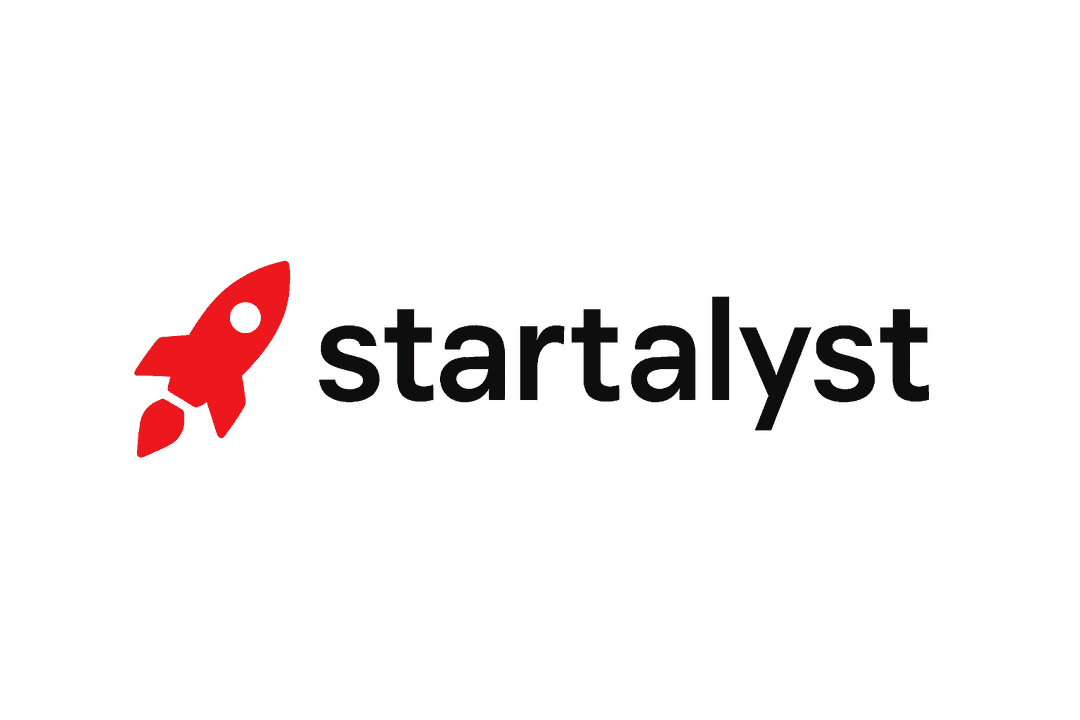Business Ideas For Young Adults Starter Guide
How to Get the Best Results
Think of this as a rapid lab for business ideas for young adults: mix who you are, what you like, how much you can spend, and how many hours you can commit. Start with low-friction experiments and treat each one like a tiny marketing test.
Be specific about your first customer and sell something simple to them in week one. Iterate based on what pays and what you enjoy, and scale the parts that bring repeatable revenue.
Step 1 — Who are you?
Pick the background that matches you closest; each combination suggests different practical advantages when you build business ideas for young adults.
- College student — social media — You can offer campus-focused content packages to clubs and local businesses that need student reach.
- Recent graduate — networking — You can convert alumni contacts into early clients for career coaching or placement services.
- High school student with tech interest — coding — You can build simple apps or automations for small local businesses at a low entry price.
- Young parent — organization — You can launch scheduling and errand services tailored to other busy young families.
- Part-time worker with evenings free — customer service — You can operate an online shop or managed-chat service while keeping a steady income.
- Creative freelancer — design — You can package branding and social assets for startups started by peers in your social circle.
- Retail employee — sales — You can pilot product reselling or pop-up shops using retail know-how and supplier contacts.
- Community volunteer — event planning — You can organize low-cost community events and monetize ticketing, sponsorships, or concessions.
Step 2 — Add interests & skills
Choose skills and interests that excite you; each one below connects cleanly to realistic business ideas for young adults.
- Social media You can manage short-form content for local restaurants and create a predictable posting schedule that drives foot traffic.
- Graphic design You can sell resume templates, logos, and event posters to peers launching side projects.
- Coding You can build niche web tools like class schedulers or booking widgets for campus organizations.
- Video editing You can offer editing packages for student creators and small businesses producing promotional videos.
- Tutoring You can run subject-specific study groups and charge per session or subscription for weekly classes.
- Fitness You can run micro coaching programs or local bootcamps targeted at other young adults.
- Sustainability You can create a thrift-curation service or repair workshops that appeal to eco-conscious peers.
- Cooking You can start a meal-prep delivery to dorms or apartment complexes with predictable weekly orders.
- Fashion reselling You can flip thrifted items for profit and teach styling to classmates for an extra fee.
- Event planning You can coordinate birthday pop-ups and micro concerts that require minimal upfront costs.
- Podcasting You can produce and edit shows for niche campus clubs and monetize sponsorship reads.
- Handmade crafts You can sell small-batch goods online and at local markets with a simple inventory system.
- Photography You can offer headshot sessions and social content shoots for students building portfolios.
- Copywriting You can write grant applications, scholarship essays, and marketing copy for campus initiatives.
- Customer support You can manage inboxes and chat for emerging local startups that can’t yet hire full time staff.
Step 3 — Set available capital
Decide how much you can invest upfront and match that with ideas that minimize risk while maximizing learning for business ideas for young adults.
- ≤$200 Focus on service businesses and digital products like tutoring, social media management, or downloadable templates where your time is the main input.
- $200–$1000 Buy basic equipment, small initial inventory, or run targeted ads to test a physical product or paid course with a modest budget.
- $1000+ Invest in higher-quality gear, a small marketing campaign, or initial inventory for subscription boxes and scaleable manufacturing tests.
Step 4 — Choose weekly hours
Be realistic about your schedule; different weekly hour commitments favor different business models in the world of business ideas for young adults.
- 5–10 hours Offer appointment-based services like resume reviews or one-off photo sessions that fit into tight schedules.
- 10–20 hours Run a regular side business such as tutoring cohorts, content packages, or an online shop with scheduled fulfillment days.
- 20+ hours Build a growth-oriented operation with consistent marketing, inventory management, and customer service for scaling.
Interpreting your results
- Match the combination that produces quick, payable proof: your first paying customer matters more than a long plan. Test pricing with friends or a small launch and track the conversion rate.
- Prioritize repeatable revenue streams like subscriptions, retainers, or class packages; they simplify forecasting and reduce time spent chasing one-off sales.
- Lean on your existing network for early customers and referrals because trust moves faster than advertising for most young founders.
- Reinvest the first profits into the thing that scaled fastest, whether that is a piece of gear, a small ad test, or hiring a freelancer to free your time.
- Keep simple metrics: number of leads, conversion percentage, average order value, and customer acquisition cost. Use those to decide whether to double down or pivot.
Use the generator above to mix backgrounds, skills, budgets, and hours until you find business ideas for young adults that fit your life and actually make money.
